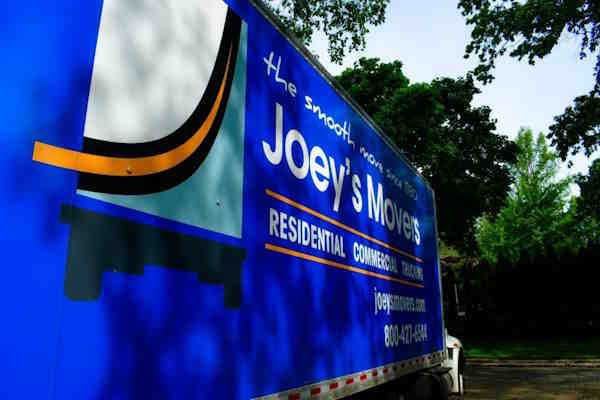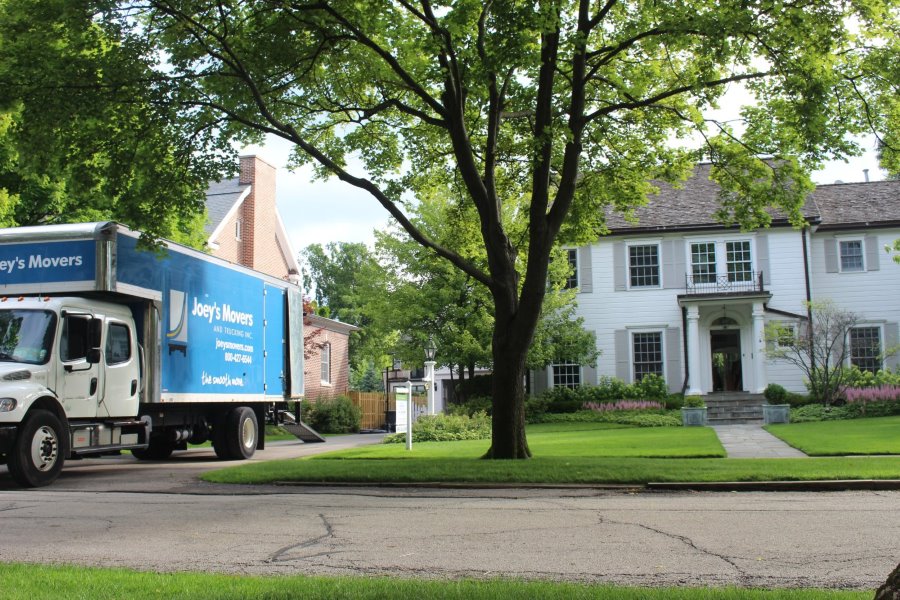Chicago combines the energy of a major metropolis with Midwestern warmth, offering a world-renowned lakefront, efficient public transit, and distinct neighborhoods that each their own character and community feel. If you’re moving to or in Chicago, you’ll need more than packing boxes and a moving company. The city has complex moving regulations that vary by neighborhood, building type, and even the season. Whether you’re relocating to a high-rise in the Loop, a vintage walkup in Lincoln Park, or a single-family home in Beverly, understanding these regulations will go a long way toward delivering a smooth transition to your new home.
Mastering the Elements of Chicago Moving Regulations
Building Permits and Requirements
Most of Chicago’s high-rise apartment and condominium buildings have specific moving regulations. Depending on where you’re moving to, you’ll need to investigate:
- Certificate of Insurance (COI) requirements
- Restricted moving hours
- Loading dock availability and reservations
- Restrictions surrounding elevator usage
- Padding requirements for walls and floors
Street Access and Parking
Many of Chicago’s neighborhoods impose regulations on street access for moving vans. Find out whether your move will be complicated by:
- Moving truck parking permit requirements
- Loading zone restrictions
- Street cleaning schedules
- Construction zone considerations
- Wintertime snow removal routes
Neighborhood-Specific Considerations
The challenges of moving into buildings in the Downtown/Loop Area include:
- Limited loading zones
- Strict delivery hours
- High-rise specific requirements
- Underground parking access
- Security check-in procedures
Moves within residential neighborhoods are less complicated than moves downtown, but still may involve these complications:
- Permit parking zones
- Alley access requirements
- Tree canopy considerations
- Street festival impact
- Moving hour restrictions
Chicago is known for its iconic architecture. If you’re lucky enough to be moving into a vintage Greystone or Victorian-era home, you’ll need to accommodate their unique attributes. Be ready for:
- Stairwell protection requirements
- Narrow door widths
- Floor load restrictions
- Banister protection rules
- Historical preservation guidelines
Many of these issues can be resolved by choosing a local mover with extensive experience in Chicago relocations. Joey’s Movers has been delivering smooth moves in Chicagoland for over forty years.
Seasonal Regulations
Chicago has four distinct seasons, and changing weather can significantly impact your move to the city in several important ways. In the summer, you need to consider traffic and closures related to street festivals, Air Show weekend, Cubs and Sox games, and beach traffic.
Winter is even more complicated by snow route regulations, salt truck schedules, winter parking bans, and weather emergency protocols. You also need to respect Chicago’s notorious “dibs” on-street parking, especially if you want to maintain good relations with your neighbors.
💬 Frequently Asked Questions
1️⃣ Do I need a parking permit to move to Chicago?
Yes, in most cases, you’ll need to obtain a parking permit for your moving truck. Contact the Chicago Department of Transportation (CDOT) at least 48 hours in advance to request “No Parking” signs for your moving day. These will cost approximately $25 per day and must be posted at least 24 hours before your move.
2️⃣ What are the insurance requirements for moving to Chicago?
Most Chicago buildings require moving companies to provide a Certificate of Insurance (COI) with specific coverage amounts. Typically, this includes general liability insurance of $1-2 million and workers’ compensation coverage. Some high-rise buildings may require additional coverage or name the building as an additional insured party.
3️⃣ What are the typical moving hour restrictions in Chicago?
Moving hours vary by building and neighborhood but are generally:
- Residential areas: 8:00 AM to 8:00 PM
- Downtown buildings: 9:00 AM to 4:00 PM
- Loading dock access: Business hours
- Weekends: May require special permission or additional fees
Familiarizing yourself with Chicago’s moving regulations will make a big difference in the success of your relocation. Planning ahead, securing all necessary permits, and working with experienced professionals who understand all the ins and outs of Chicago’s neighborhoods will make sure your relocation goes smoothly.
Request a free quote or call Joey’s Movers to learn how Chicagoland’s most referred mover can make your relocation a breeze.



